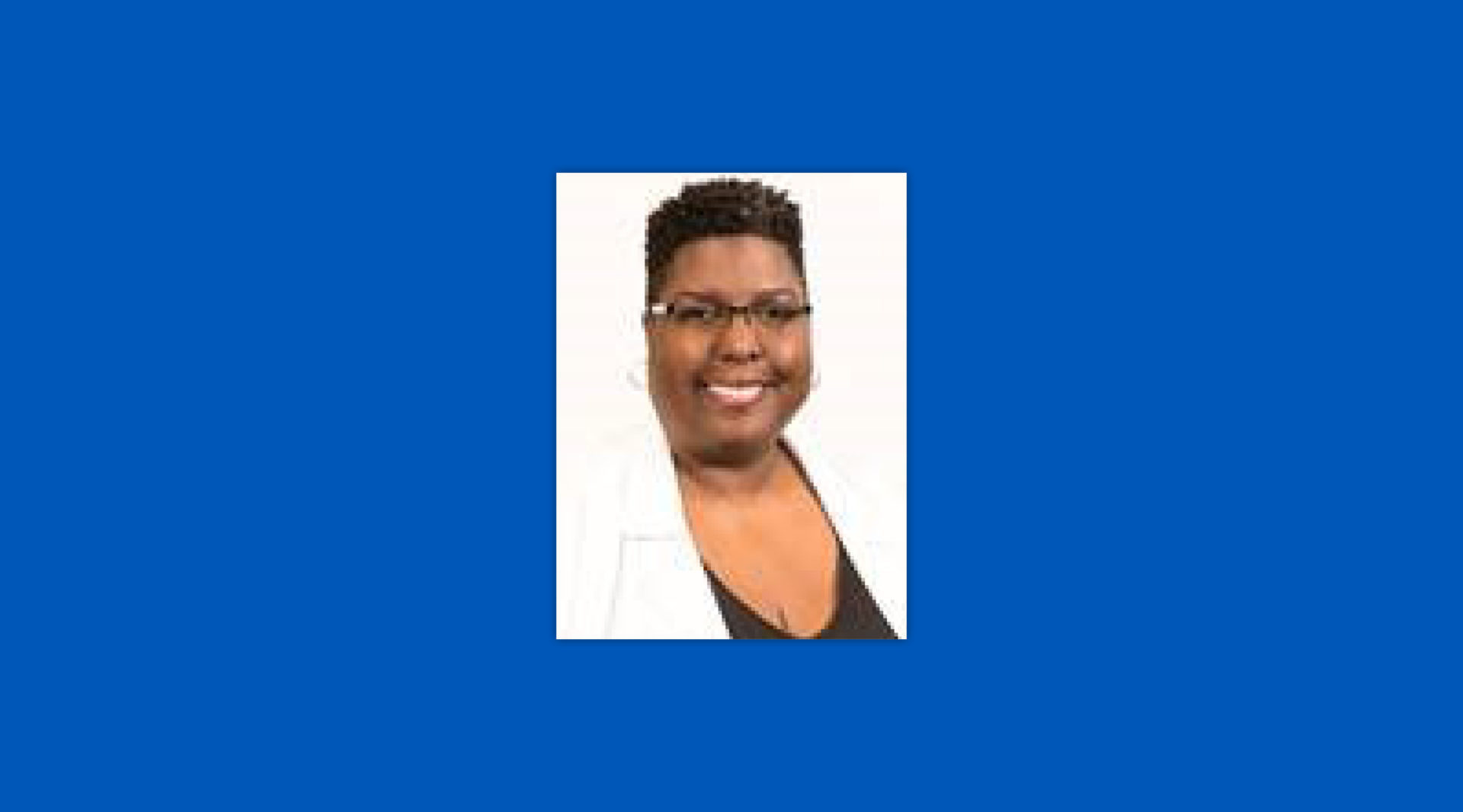By Djuna Jones, DO, Facility Medical Director, OB/GYN Hospitalist, Piedmont Henry Hospital
April 11 – 17, 2022, is Black Maternal Health Week. Officially recognized by the White House for the first time last year, the week is a time of celebration, awareness, activism, amplification and visibility for Black maternity. In recognition of the week, Dr. Djuna Jones participated in a question and answer session to help raise awareness for Black maternal health and the underlying implicit biases that remain barriers to care for many Black and minority women.
Why do you think Black Maternal Health Week was just formally recognized in 2021?
Celebrity cases of high-risk pregnancy have brought attention to this issue. Cases like Serena Williams, who in the 2017 birth of her daughter experienced post-partum pulmonary embolism, and the death of Kira Dixon Johnson, daughter-in-law to television judge Glenda Hatchett, push issues of maternal mortality into the spotlight.
In Williams’ case, there is one common, glaring issue: Black women do not seem to be heard. As a woman who’s top of her health and has great access to care, she was still not immune. Implicit bias is an underlying roadblock to care for many of these women. Unfortunately, in many cases, Black women may present with recognizable symptoms related to maternal mortality or have increased risk factors. But they are not heard.
I think of a quote by Malcolm X, “The most disrespected person in America is the Black woman.” If you look at the statistics for a lot of these issues – if we’re missing; if we’re dying – they are not in the spotlight. Black women are not valued equally, so our concerns are not often vocalized until it happens to someone who everyone knows. But we’re learning about it more because of the women who experienced it and who have a platform. Again, that implicit bias is the underlying factor in it all.
What does this mean to you personally?
I feel emboldened in knowing that I was put on this earth to give women a voice and to make sure they are heard. Speaking from personal experience being a Black female, when you come to some scenarios, many times, assumptions are made. Living in this skin, sometimes you may have a different approach that gets misinterpreted. Sometimes, that’s interpreted as confrontational, and as a result, things you say are not really heard.
That’s why as clinicians particularly, you have to listen, and you have to push back on your biases. Let go of what you think you know about someone’s story and hear what they are saying. I know the walls are there. When I enter a hospital setting or even a store, there are certain implicit biases that go along with Black women and how we present – assumptions are made. But, if you let women be and give them the benefit of the doubt, many times things that are overlooked, like risk factors and symptoms, will no longer be overlooked.
How do you handle others who may not understand or acknowledge their own implicit bias?
I tend not to bite my tongue. So, I call it out. I always try to call it out respectfully and thoughtfully, and I use my own personal experiences when I can. For example, a colleague once said something that turned up some emotions in me. I had to back away from it and think through it before I came back to that person and eventually started a conversation, asking, “I noticed you made this statement. Let’s talk about what you meant; this is how I interpreted it. Is that how you meant it?”
When I think of the work that needs to be done, it’s to try to put yourself in others’ shoes and visualize them as your family member – your cousin, your sister. When you do that, would you have the same response? If not, start asking internal questions of “why not?” Giving humanity to people, particularly patients, will allow you to make the right decisions. That’s missing. People don’t see the humanity in others.
What do you want people to carry with them from this week recognizing Black maternal health?
The key really is humanity. When you look at large scale problems that occur within minority populations, the lack of humanity – not seeing that person as somebody relatable or as a real human being – is a huge problem. But when you give people their humanity and recognize it, you give them the benefit of the doubt. You ask more questions. You listen more. You don’t assume. That’s what I want to get across to people.
Black Maternal Health Week 2022
Join TeamHealth in recognizing Black Maternal Health Week. Follow our social media channels and subscribe to our blog for more stories from our clinicians, associates and communities.
